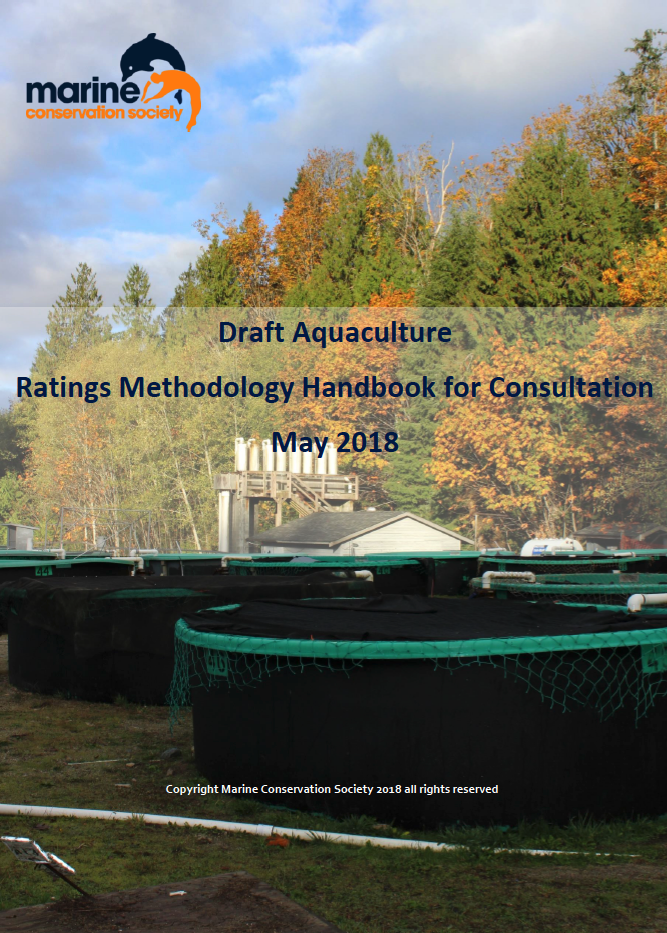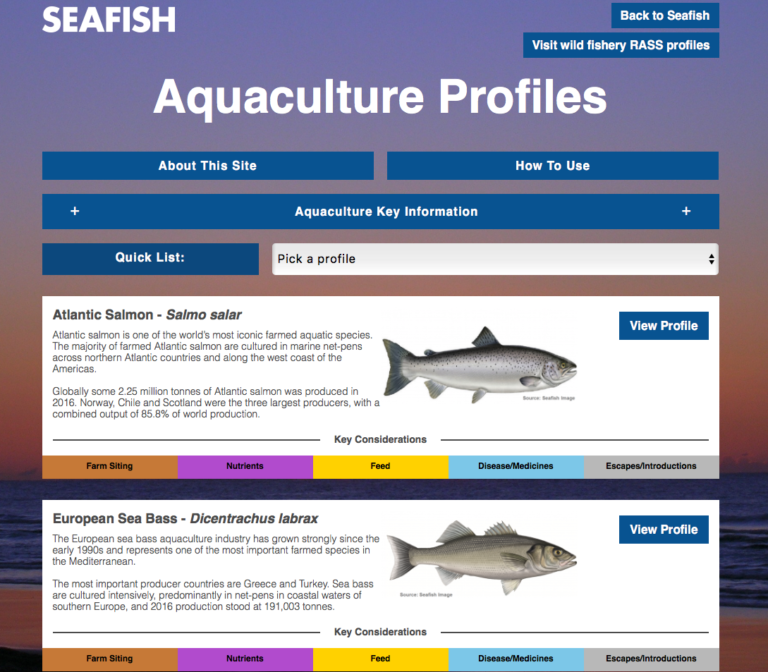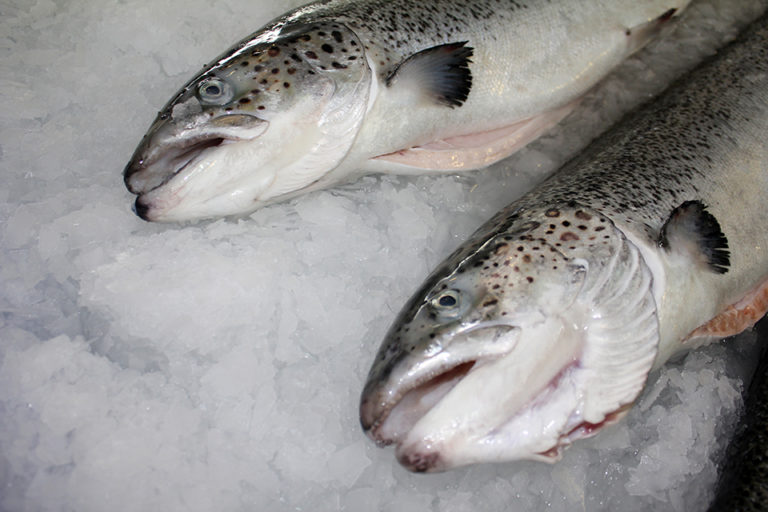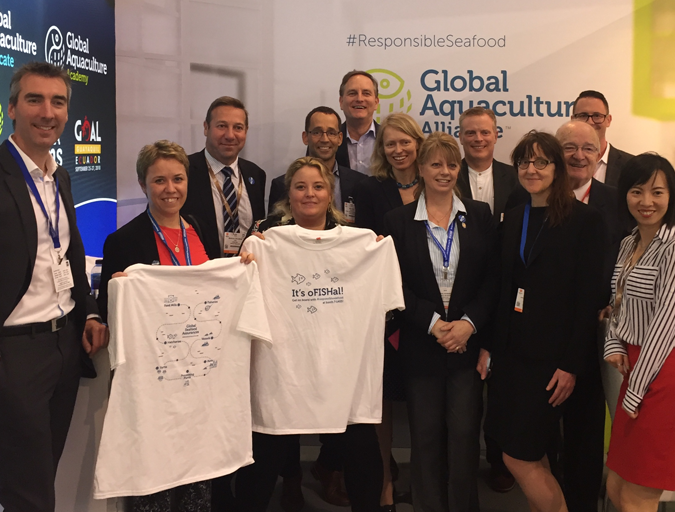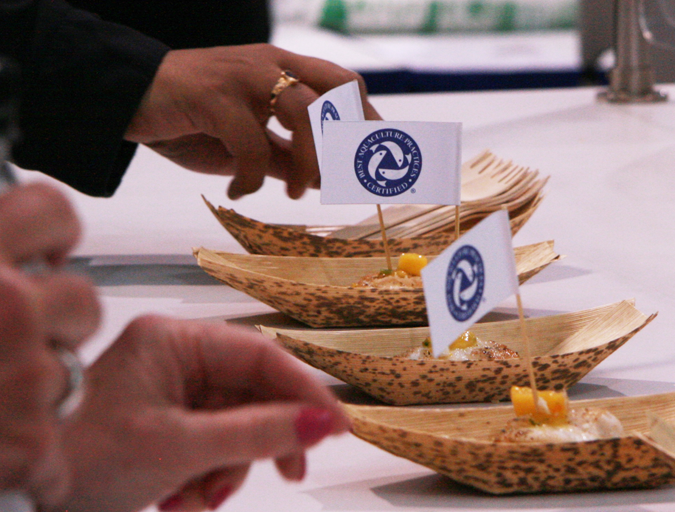
BAP Releases Second Supply Chain Transparency Video
The Best Aquaculture Practices (BAP) third-party certification program recently launched a second video about its supply chain transparency technology. More than 150 retailers, foodservice operators and seafood suppliers worldwide are publicly committed to sourcing seafood responsibly from BAP-certified facilities. As a BAP endorser, companies have access free of charge to BAP’s supply chain transparency technology,

